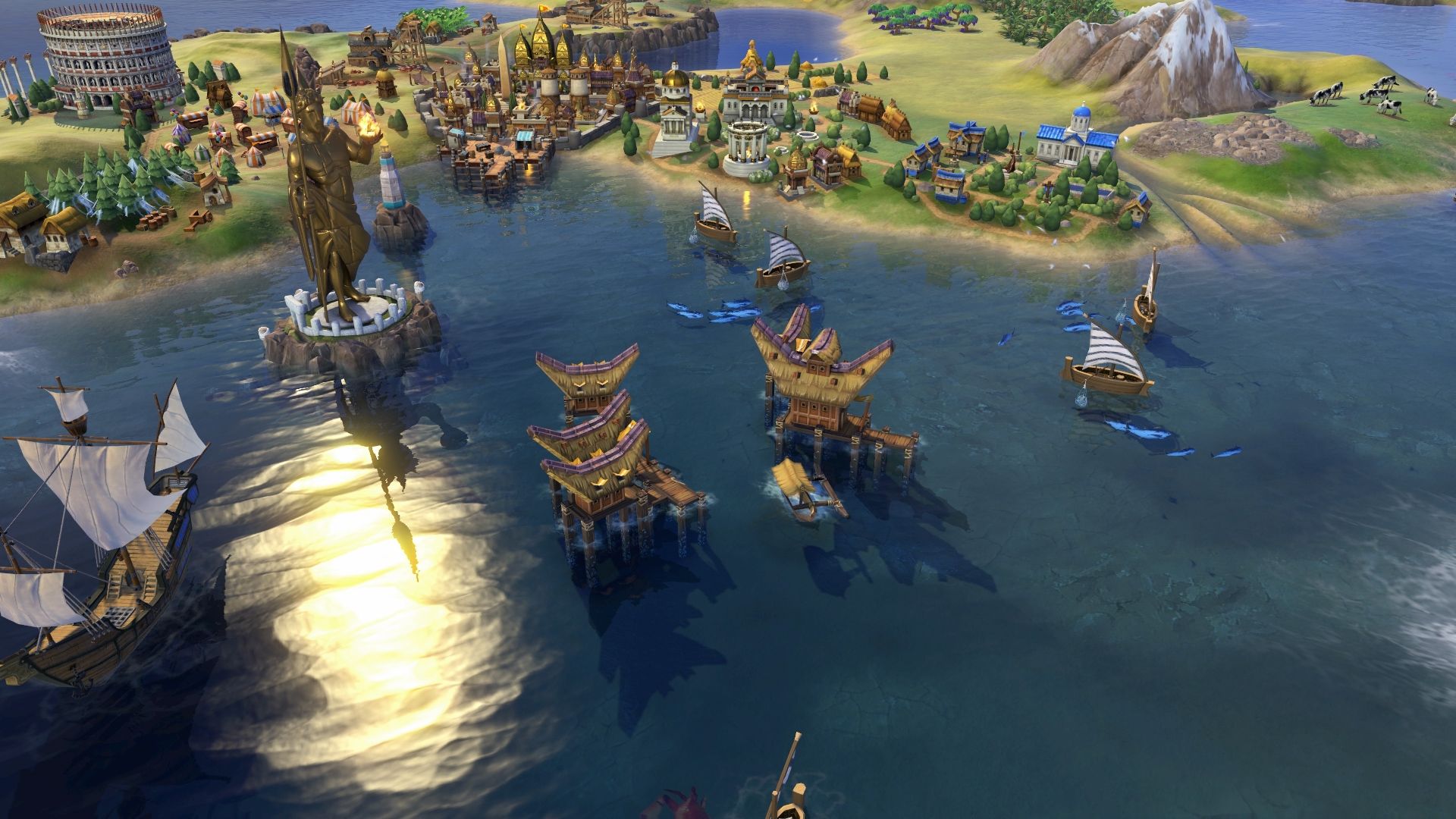
Nevertheless, Jayanegara went further to prevent his half-sisters' courtship by confining Gitarja and Rajadewi in the kaputren (ladies quarter) of the palace, locking them in a well-guarded inner compound, and denying the two princesses contact and access to the court and public affairs. The motivation of Jayanegara's wish was not clear - it might have been his way to ensure his throne's legitimacy by preventing rivals from his half sisters' suitors. The practice of half-sibling marriage is abhorred in Javanese tradition, subsequently the council of royal elders led by Queen mother Gayatri spoke strongly against the king's wishes. According to Nagarakretagama canto 48 stanza 1, her half-brother Jayanegara succeeded to the throne upon the death of her father in 1309, while she and her sister gained the title of Bhre Kahuripan (Duchess of Kahuripan) and Bhre Daha (Duchess of Daha) respectively.Īccording to the Pararaton, King Jayanegara desired his half-sisters to be his consorts. She was the eldest of Wijaya's offspring, her younger sister was Rajadewi, both were the daughters of Queen Rajapatni, while her half-brother was Jayanegara, the son of Queen Indreswari.


From her mother's side, she was also a granddaughter of Kertanegara of Singhasari. Gitarja was a member of the Rajasa dynasty, rulers of Majapahit and its predecessor Singhasari Kingdom. Malaysia and Indonesia share many similarities in religion, language and culture.Dyah Gitarja was the daughter of Raden Wijaya, the first king of Majapahit, and his consort Dyah Gayatri Rajapatni. Brunei is chair of the bloc this year.ĪSEAN has formal partnerships with several countries including Australia, China, Canada, New Zealand, South Korea and Pakistan as well as the European Union. The two ministers said they also agreed to cooperate in responding to the coronavirus pandemic, which will be the main topic of the ASEAN summit, in the protection of Indonesian migrant workers in Malaysia, and in the settlement of the maritime boundary between the two countries.ĪSEAN’s members are Brunei, Cambodia, Indonesia, Laos, Malaysia, Myanmar, the Philippines, Singapore, Thailand and Vietnam. “Our efforts as a family did not get a good response from the Myanmar military,” Marsudi said. The five-point agreement called for violence to end immediately and for the start of a dialogue to find a peaceful solution “in the interests of the people.” It was also agreed that a special ASEAN envoy would mediate in the talks. Marsudi said there has been no significant progress in implementing an agreement which ASEAN reached with Min Aung Hlaing in April. There has been widespread opposition to its rule. Myanmar's military ousted an elected civilian government in February and seized power. “The ASEAN special envoy was not given the access he deserved to visit Myanmar to fulfill his mandate,” Saifuddin said. Min Aung Hlaing, to participate in an Oct. Myanmar's refusal to cooperate with the envoy's visit led to a decision by ASEAN to invite a non-political representative instead of Myanmar’s leader, Senior Gen.

Saifuddin and Marsudi expressed disappointment with Myanmar for hindering a planned visit by an ASEAN envoy to help mediate in its political crisis. Saifuddin is in Jakarta to prepare for a visit to Indonesia by Malaysian Prime Minister Ismail Sabri Yaakob later this year, his first overseas trip since taking office in August. Saifuddin said having a near-neighbor build new nuclear-powered submarines could encourage other countries to come more frequently into Southeast Asian territory. The two ministers said at a joint news conference that they agreed to strengthen the unity and centrality of the Association of Southeast Asian Nations and urged all members of the bloc to contribute to the stability, security, peace and prosperity of the region and respect international law. “We both agreed that efforts to maintain a peaceful and stable region must continue and don’t want the current dynamics to cause tension in the arms race and also in power projection.” “This situation will certainly not benefit anyone,” Indonesian Foreign Minister Retno Marsudi said after meeting with her Malaysian counterpart, Saifuddin Abdullah, in Jakarta. The nuclear subs will allow Australia to conduct longer patrols and give the alliance a stronger military presence in the region. expertise, while dumping a contract with France for diesel-electric subs. Under the arrangement, Australia will build at least eight nuclear-powered submarines using U.S.


 0 kommentar(er)
0 kommentar(er)
